 |
| May 15, 2020 |
Dear Reader,
Two dogs reported to have coronavirus likely caught it from their owners, according to researchers who studied the animals and members of the infected households. The analysis, covered in our main story, showed no evidence that dogs can pass the infection to other dogs or people. Bats on the other hand have been the source of an eyebrow-raising number of disease outbreaks. But the authors of an op-ed featured in today's roundup say bats get a bad rap. They argue that hostile attitudes toward the mammal make it harder to conserve them. Also, there are many critical benefits they provide us, which you can read about below. Then, for some more animal news, check out the latest episode of our podcast "60-Second Science" to learn about how baby barn owls share their food. |
| | Sunya Bhutta, Senior Editor, Audience Engagement
@sunyaaa | |
 |
| |
| Conservation Bats Are Not Our Enemies The viruses they carry spill over into humans mostly when we encroach on their territory or drag them into ours—and bats do great good as well | | By Timothy Treuer,Ricardo Rocha,Cara Brook | | | |
| |
| Barn Owl Babies Can Be Helpful Hatch Mates Food sharing is mainly found in adult animals as a part of social bonding. But in a rarely observed behavior in birds, older barn owl chicks will share food with younger ones. |  | By Jason G. Goldman | | | |
| |
| We're Being Tested President Trump pointed out yesterday that if we didn't do any testing for the virus we would have very few cases, which forces us to confront the issues posed by testing in general. |  | By Steve Mirsky | | | |
FROM THE STORE
 | | Ask the Experts: Astronomy This second eBook in our Ask the Experts series – Astronomy – looks skyward and explains a variety of universal phenomena and theories. Questions on stars, planets, asteroids, galaxies, black holes, space exploration and more are answered in this collection. |  | | |
| |
FROM THE ARCHIVE
 | | | |
| |
LATEST ISSUES
 |
| |
| Questions? Comments?  | |
| Download the Scientific American App |
| |
| |



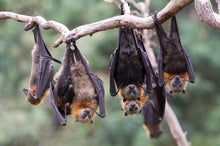

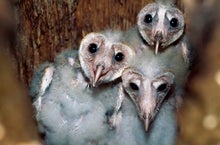




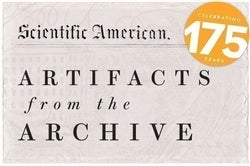
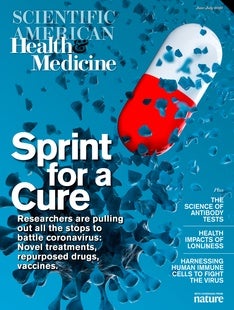


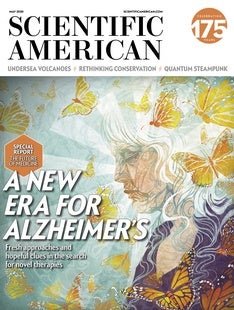
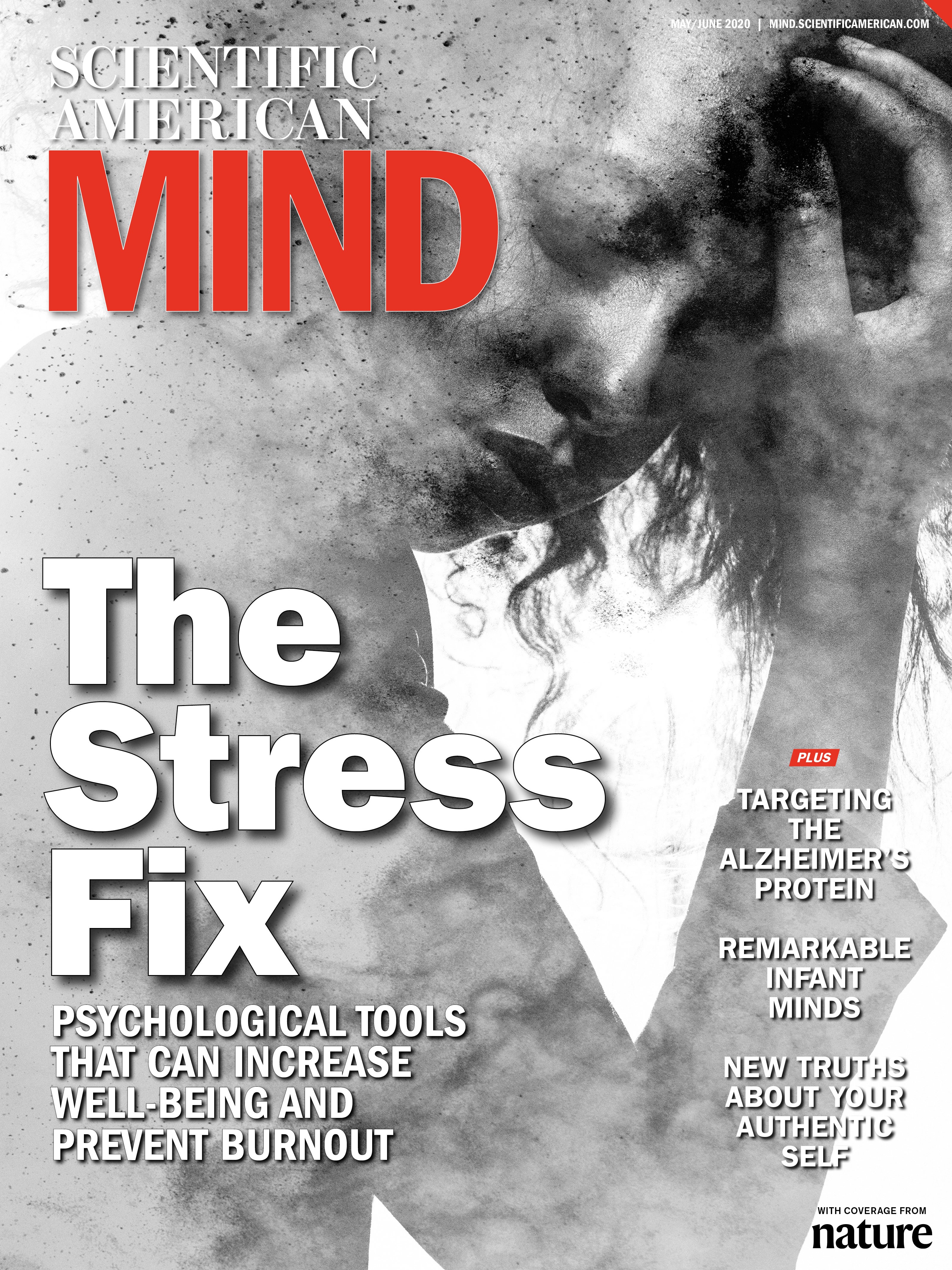



Comments
Post a Comment